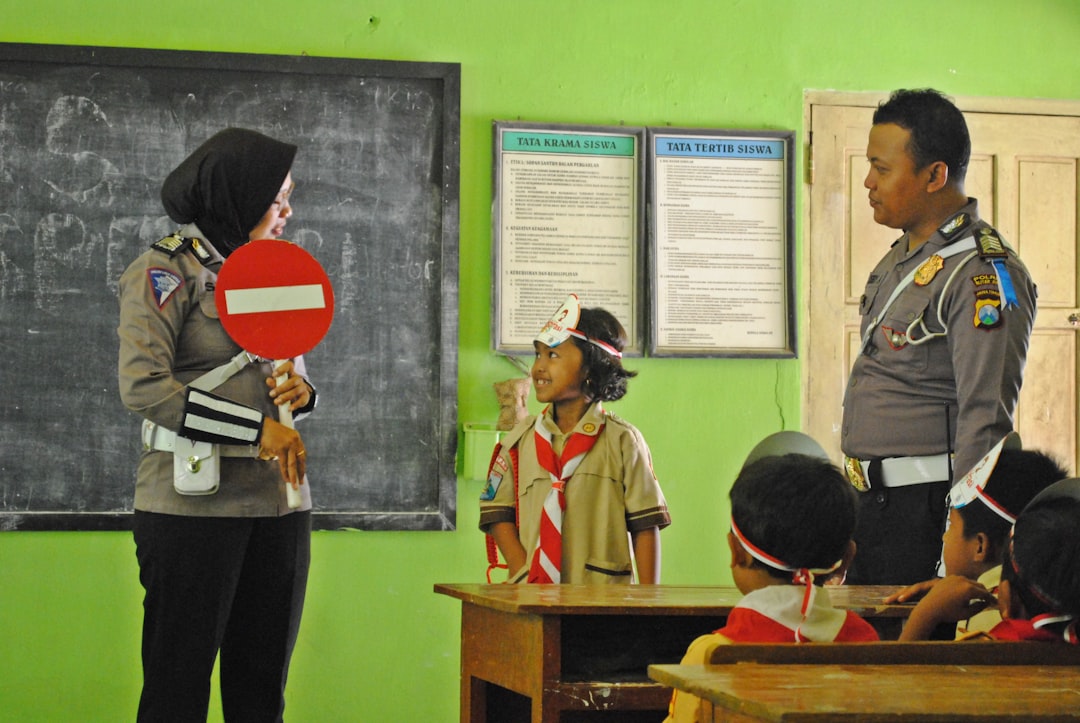In an era where digital tools are ubiquitous, integrating technology into educational frameworks has become not just advantageous but essential. The infusion of technology into education for children promises a dynamic shift in how knowledge is imparted, absorbed, and utilized. This article explores the multifaceted impacts of technology on educational methodologies tailored for young learners and how it equips them for a future where digital literacy is paramount.
The Digital Classroom
The concept of the classroom has been transformed by digital technologies. Interactive whiteboards, tablets, and educational software create an engaging environment that captivates the young mind. These tools not only make learning more interactive but also cater to various learning styles and paces. For instance, visual learners can benefit from graphical content, whereas auditory learners can leverage podcasts or audio explanations.
Personalized Learning Experiences
Technology enables personalized education, which adapts to the pace and style of each child. Adaptive learning software assesses a child’s current knowledge base and tailors content to challenge them at just the right level. This approach not only fosters a deeper understanding of material but also keeps students motivated by aligning with their individual learning curves.
Enhancing Collaboration
Technology facilitates a level of collaboration among students that was previously unattainable. Through platforms like Google Classroom or Microsoft Teams, children can work on projects together, share ideas, and provide feedback in real-time, irrespective of their physical locations. This prepares them for a globalized world where digital collaboration is a norm.
Gamification of Education
Gamification is turning learning into a game, where children earn points, badges, or rewards for completing tasks or mastering new concepts. This method makes learning fun and increases engagement and retention rates. Educational games can cover everything from mathematics to language arts, offering a rich medium through which children can learn complex subjects.
Future-Ready Skills
Incorporating technology into education goes beyond academic skills—it also develops digital literacy and critical thinking. As children navigate various tech tools, they learn to troubleshoot, research, and think critically. These skills are essential for success in virtually any future career, as technology continues to evolve and permeate different aspects of life.
Through the strategic integration of technology, education for children is becoming more tailored, interactive, and effective. As we continue to explore and understand the potential of these tools, the goal remains clear: to equip the next generation with the skills and knowledge they need to succeed in this rapidly changing world.






